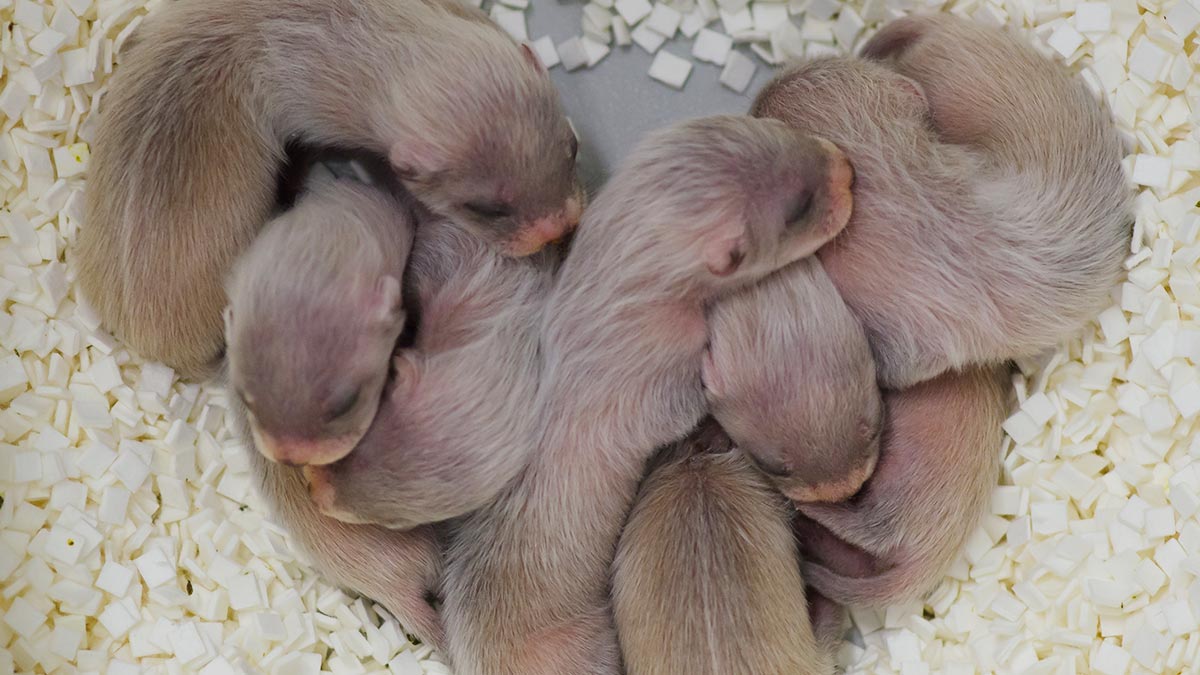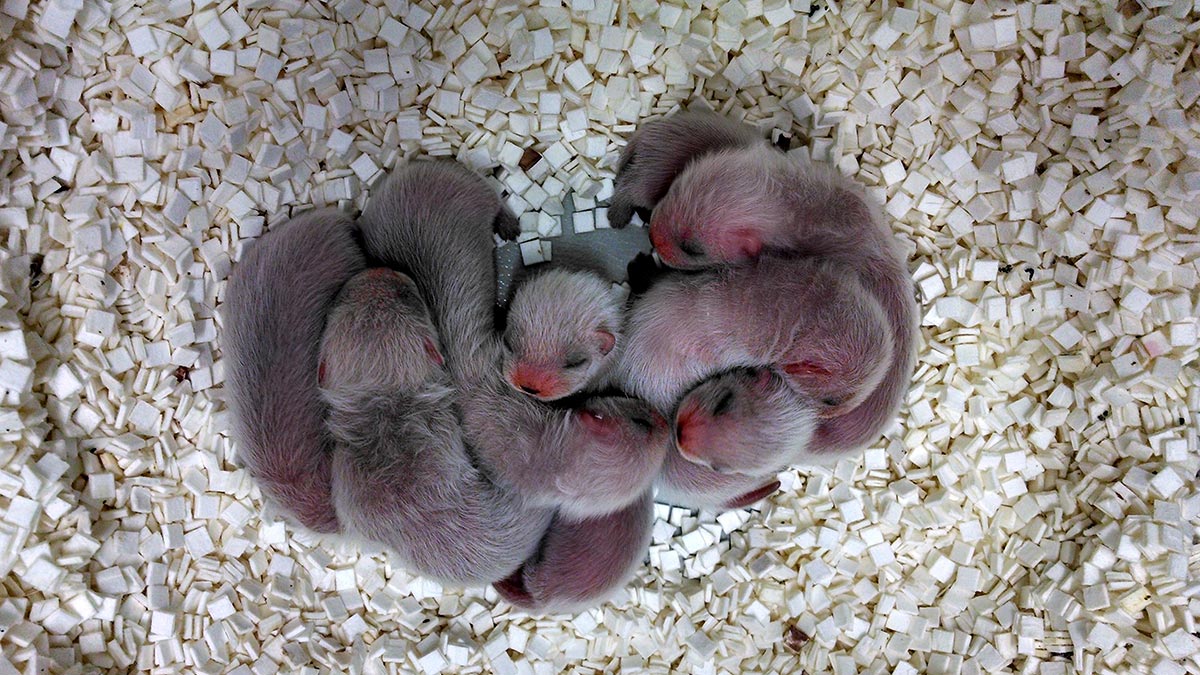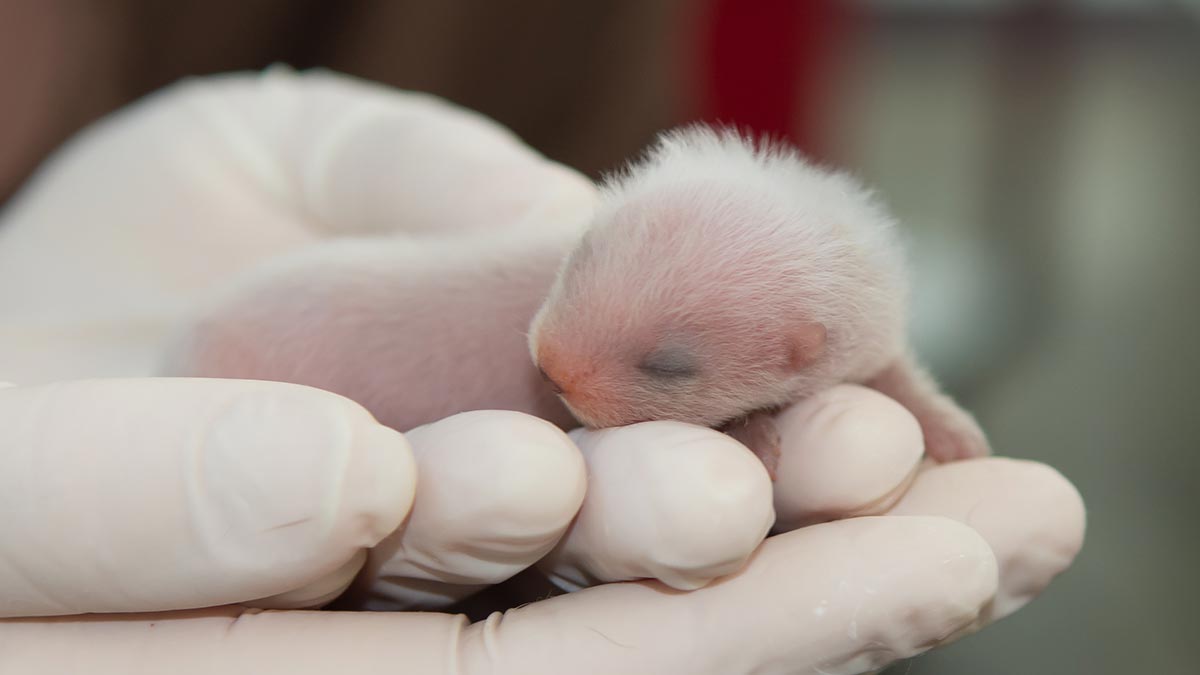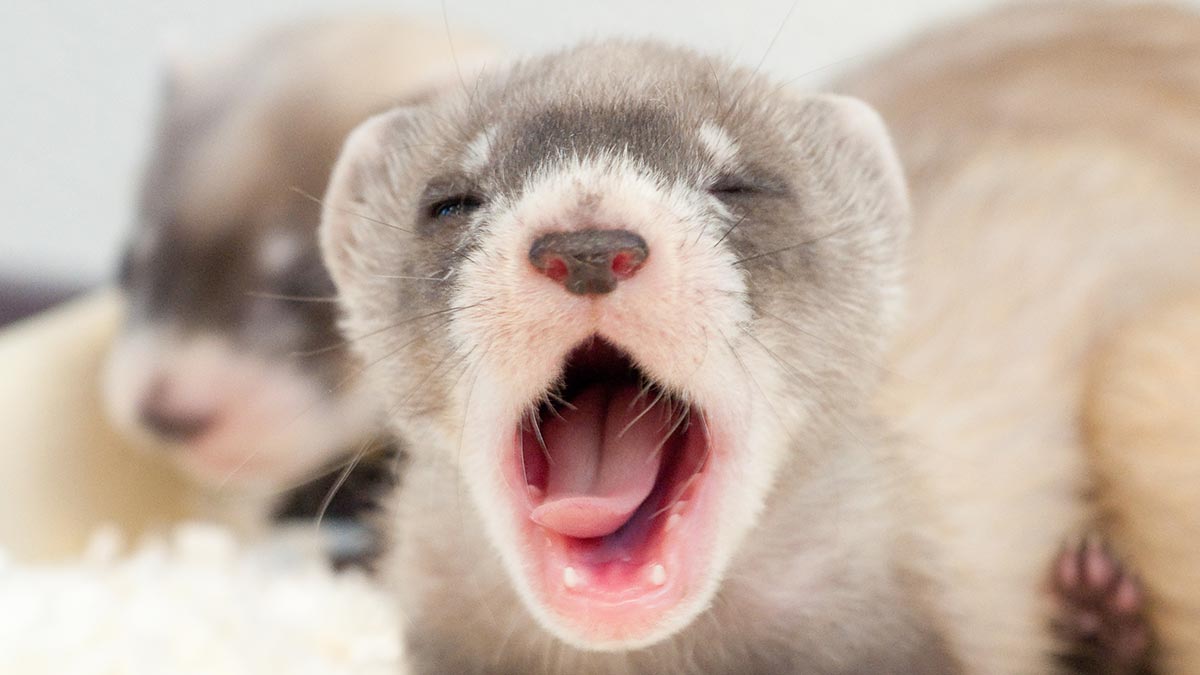
They are born blind, deaf and almost without any fur. Most of the time a baby ferret has to depend on its mother for the first four weeks for care.
Photo Gallery
These little babies are called Kits and are very curious!
Baby ferrets are known as kits. They are born blind, deaf and almost without any fur. Most of the time a baby ferret has to depend on its mother for the first four weeks for care. From eating, drinking water and staying warm, Mom is really important! When born a baby ferret weighs only a few grams and has a length of about two inches!
Baby ferrets are born covered with a very fine and smooth layer of white hair. Their real fur starts to grow within the first four to eight days of the growth period. Within this time period their hair will turn gray like the adult ferrets we know. Only around three weeks of age will you be able to tell what true color a ferret will be.
It takes a shocking 23-35 days after birth for a baby ferret to begin seeing and hearing everything in the world around them. Immediately after weaning at around eight weeks a typical baby ferret has grown to be about one pound! Like baby humans, they’re born with a set of teeth that they will eventually loose. This happens within three to nine months depending on the individual ferret.
It’s important to “ferret proof” your home and ensure your little baby ferret gets the right vaccinations from the vet. Please read our care section for more!
Caring for Baby Ferrets
Ferret Proofing
Baby ferrets are very curious and will want to explore the entire house! Keep kits away from dangerous areas within the home such as the laundry room, kitchen and bathrooms. Ensure that bedrooms and other areas are ferret proofed by blocking off small holes, covering the bottom of the couches with clothes and keeping potted plants off the ground. Baby ferrets like to eat and will eat and chew on anything around them. So watch your shoes!
Kit’s Vaccination
Baby ferrets need to be given a series of three canine distemper shots at an interval of two to three weeks. They’ll need to get this vaccination series yearly as the disease is airborne. Another vaccine given to kits is for rabies. Keep your baby ferret in good health as it grows to become an adult by planning visits to the vet at least twice per year for vaccinations and checkups.
Ferret Environment
A ferret of any age should have a cage to call home. The cage needs to be at least 2 feet x 2 feet to give them enough room. Be careful during the summer months as ferrets may suffer from heat stroke at temperatures of 85 and above.


